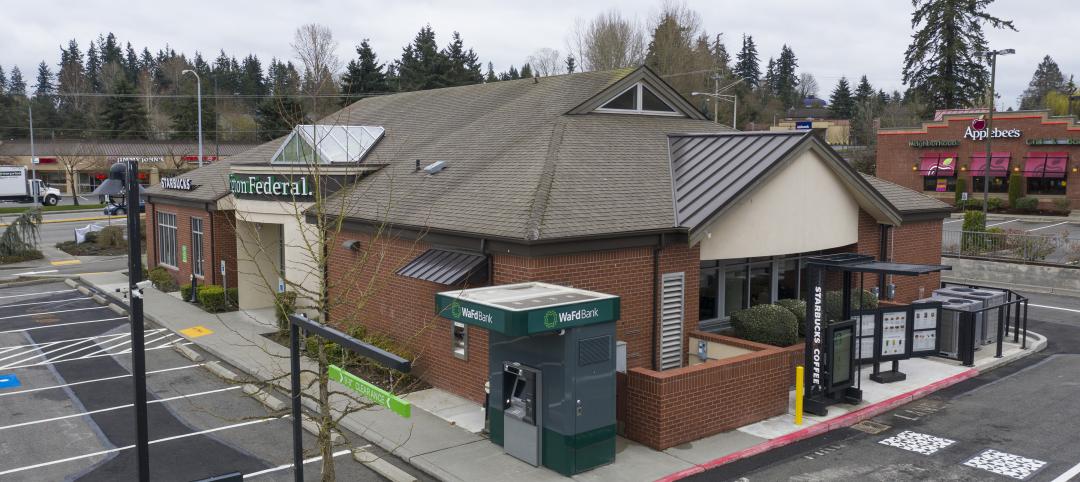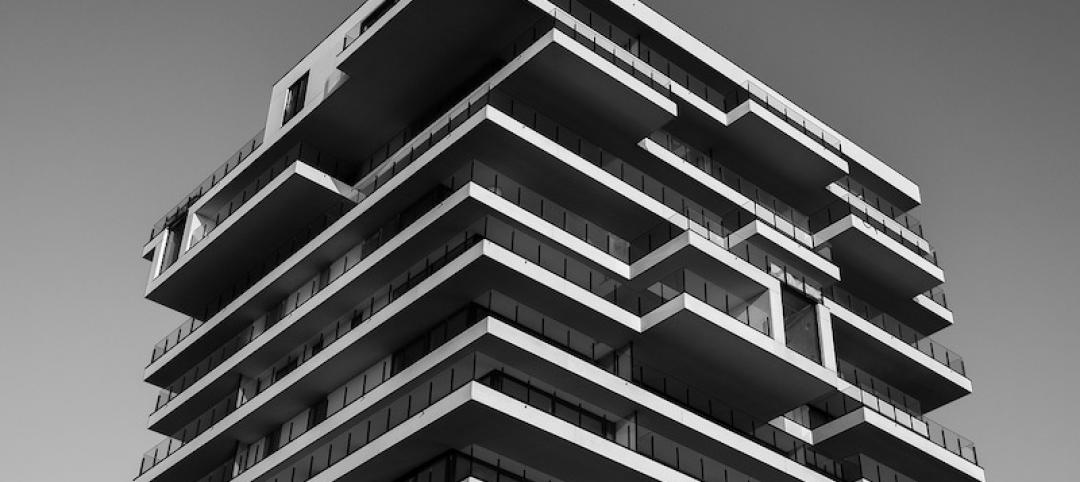The Washington D.C. Council recently passed legislation that will make it more expensive for owners to hold vacant or blighted property.
The Vacant Property Enforcement Act of 2016 reduces the maximum amount of time a vacant property can qualify for an exemption from higher vacancy tax rates. It also closes a loophole that allows continuous renewal of construction permits to qualify for tax exemptions, and require owners of vacant properties to prove they are no longer subject to the higher tax rates.
"The District has a substantial number of vacant properties, many of which are poorly maintained,” the bill report says. "Property owners may keep their properties vacant or fail to maintain them because they expect property values to rise over time. Poorly maintained and vacant properties can damage surrounding communities by being eyesores, by serving a venue for drug use and by providing a home for rodents or other animals. The net effect is to reduce the feeling of a cohesive community and depress surrounding property values."
The legislation reduces the time an owner can claim an exemption from higher taxes because of construction to one year for residential properties and to two years for commercial properties. Fines for failing to comply with city property regulations will rise from $1,000 to $5,000.
Related Stories
Codes and Standards | Apr 23, 2020
Group will create ecosystem for smart building data
Seven Finnish companies aim to integrate all technical systems into a single platform.
Codes and Standards | Apr 23, 2020
COVID-19 epidemic demonstrates value of flexible hospital space
Some rooms being repurposed for ICU care.
Codes and Standards | Apr 15, 2020
Embodied carbon footprint can be reduced by using conventional materials
High-SCM concrete, and cellulose and wood fiber insulation among the greener alternatives.
Coronavirus | Apr 13, 2020
COVID-19 alert: City conducts a 'virtual building inspection' to allow Starbucks and bank to open
Bothell, Wash., issues a certificate of occupancy to developer after inspecting the property online.
Codes and Standards | Apr 13, 2020
Design competition focuses on reducing urban heat island effect
Cool Abu Dhabi aims to transform urban life in the Middle East.
Codes and Standards | Apr 13, 2020
What building science says about reducing COVID-19 transmission
Impact of temperature and relative humidity is unclear.
Codes and Standards | Apr 9, 2020
Owners retrofitting properties, monitoring performance during epidemic
Covid-19 outbreak may lead employers to reevaluate office commitments.
Codes and Standards | Apr 7, 2020
Dept. of Labor publishes guidance on paid sick leave, expanded family and medical leave
Includes fact sheets for employees, employers, and a questions and answers document.
Codes and Standards | Apr 1, 2020
Standards and codes meetings halted, postponed
ASTM International cancels in-person standards meetings; DOE’s National Energy Codes Conference postponed.
Codes and Standards | Mar 26, 2020
Ransomware attack on Canadian contractor underscores need for cybersecurity
Victimized company Bird Construction has defense, law enforcement contracts.

















